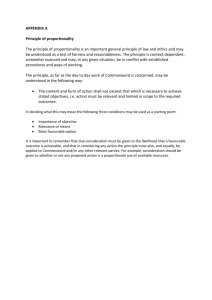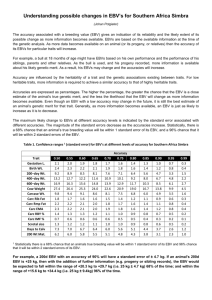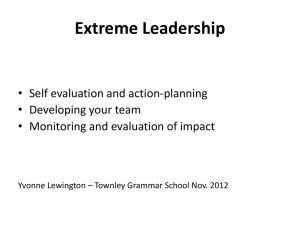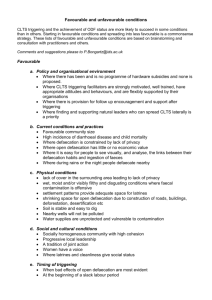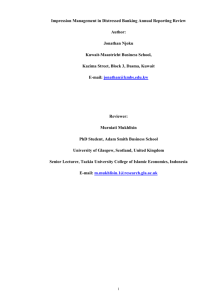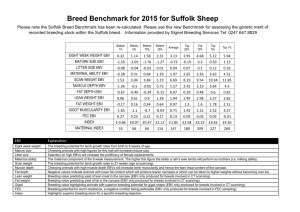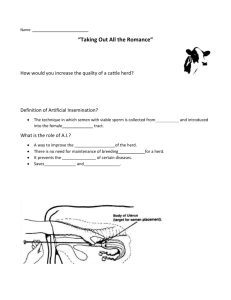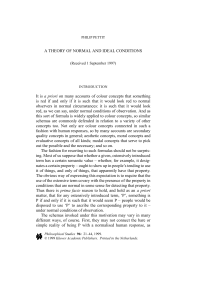estimated breeding values (ebvs) – are selection tools that will
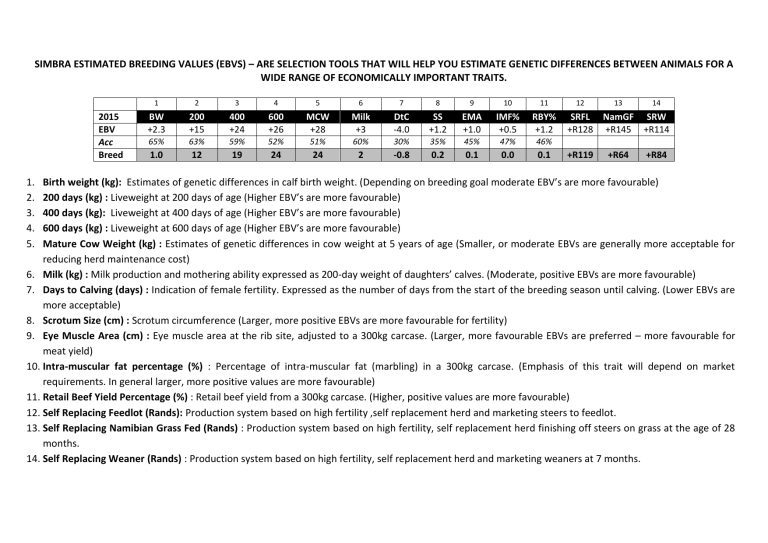
SIMBRA ESTIMATED BREEDING VALUES (EBVS) – ARE SELECTION TOOLS THAT WILL HELP YOU ESTIMATE GENETIC DIFFERENCES BETWEEN ANIMALS FOR A
WIDE RANGE OF ECONOMICALLY IMPORTANT TRAITS.
2015
EBV
Acc
Breed
1
BW
+2.3
65%
1.0
2
200
+15
63%
12
3
400
+24
59%
19
4
600
+26
52%
24
5
MCW
+28
51%
24
6
Milk
+3
60%
2
7
DtC SS EMA IMF% RBY% SRFL NamGF SRW
-4.0 +1.2 +1.0 +0.5 +1.2 +R128 +R145 +R114
30% 35% 45% 47% 46%
-0.8
8
0.2
9
0.1
10
0.0
11 12 13 14
0.1 +R119 +R64 +R84
1.
Birth weight (kg): Estimates of genetic differences in calf birth weight. (Depending on breeding goal moderate EBV’s are more favourable)
2.
200 days (kg) : Liveweight at 200 days of age (Higher EBV’s are more favourable)
3.
400 days (kg): Liveweight at 400 days of age (Higher EBV’s are more favourable)
4.
600 days (kg) : Liveweight at 600 days of age (Higher EBV’s are more favourable)
5.
Mature Cow Weight (kg) : Estimates of genetic differences in cow weight at 5 years of age (Smaller, or moderate EBVs are generally more acceptable for reducing herd maintenance cost)
6.
Milk (kg) : Milk production and mothering ability expressed as 200-day weight of daughters’ calves. (Moderate, positive EBVs are more favourable)
7.
Days to Calving (days) : Indication of female fertility. Expressed as the number of days from the start of the breeding season until calving. (Lower EBVs are more acceptable)
8.
Scrotum Size (cm) : Scrotum circumference (Larger, more positive EBVs are more favourable for fertility)
9.
Eye Muscle Area (cm) : Eye muscle area at the rib site, adjusted to a 300kg carcase. (Larger, more favourable EBVs are preferred – more favourable for meat yield)
10.
Intra-muscular fat percentage (%) : Percentage of intra-muscular fat (marbling) in a 300kg carcase. (Emphasis of this trait will depend on market requirements. In general larger, more positive values are more favourable)
11.
Retail Beef Yield Percentage (%) : Retail beef yield from a 300kg carcase. (Higher, positive values are more favourable)
12.
Self Replacing Feedlot (Rands): Production system based on high fertility ,self replacement herd and marketing steers to feedlot.
13.
Self Replacing Namibian Grass Fed (Rands) : Production system based on high fertility, self replacement herd finishing off steers on grass at the age of 28 months.
14.
Self Replacing Weaner (Rands) : Production system based on high fertility, self replacement herd and marketing weaners at 7 months.
